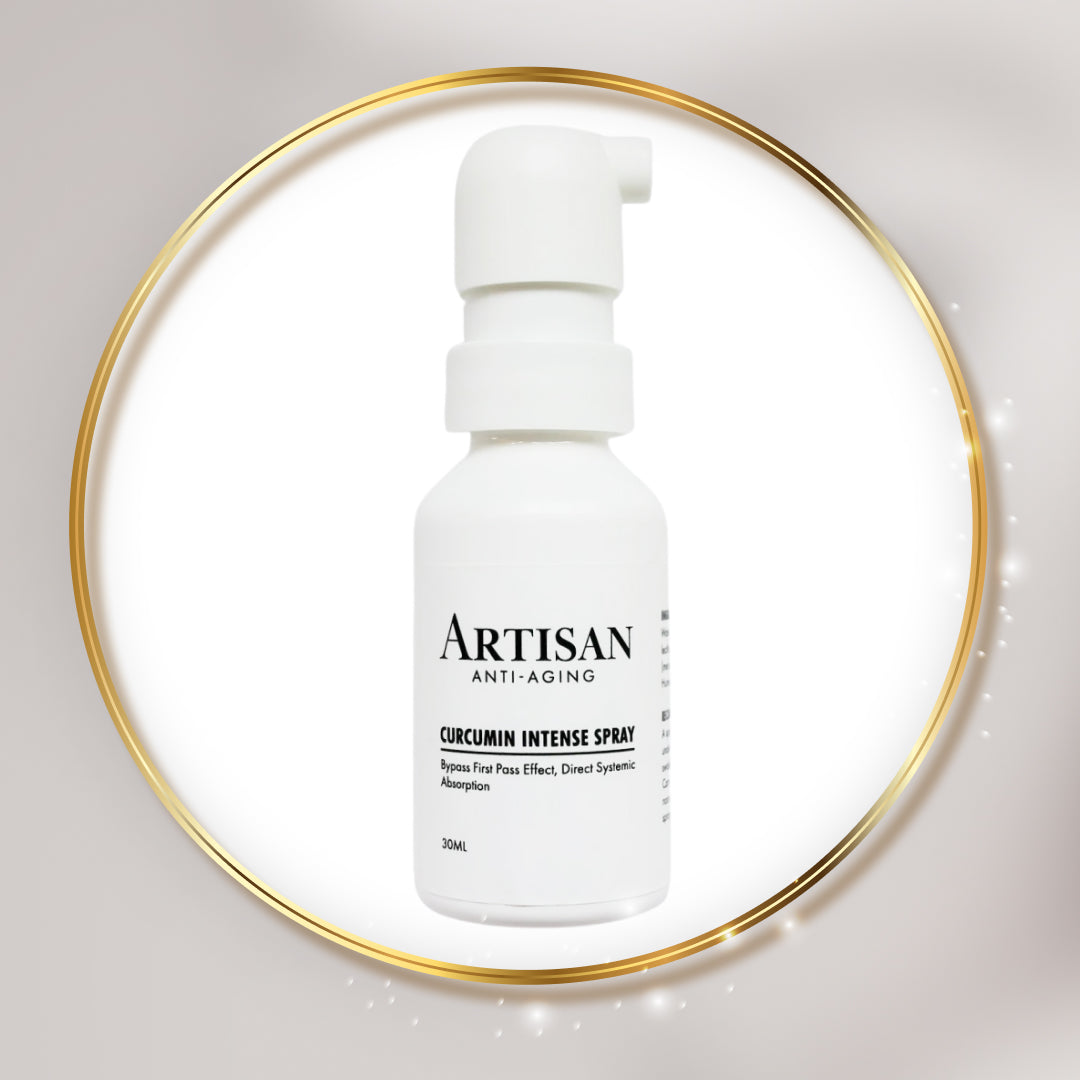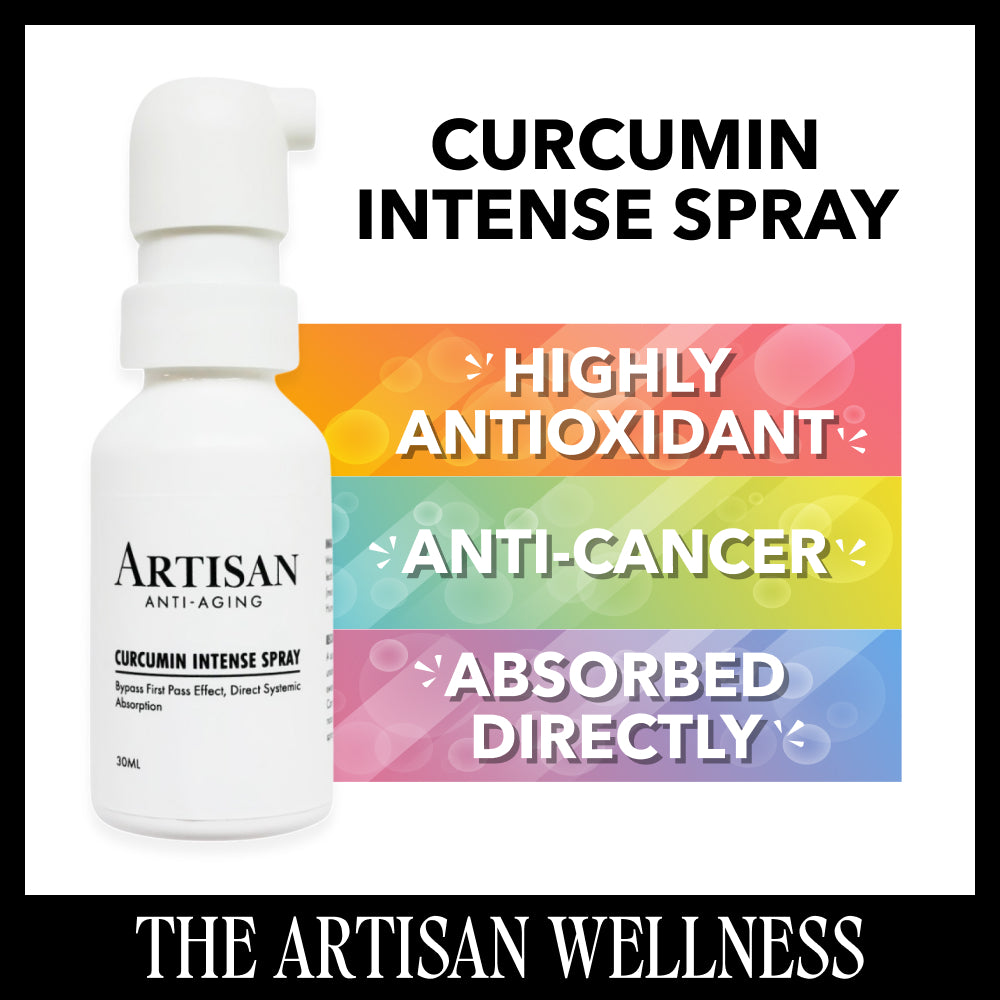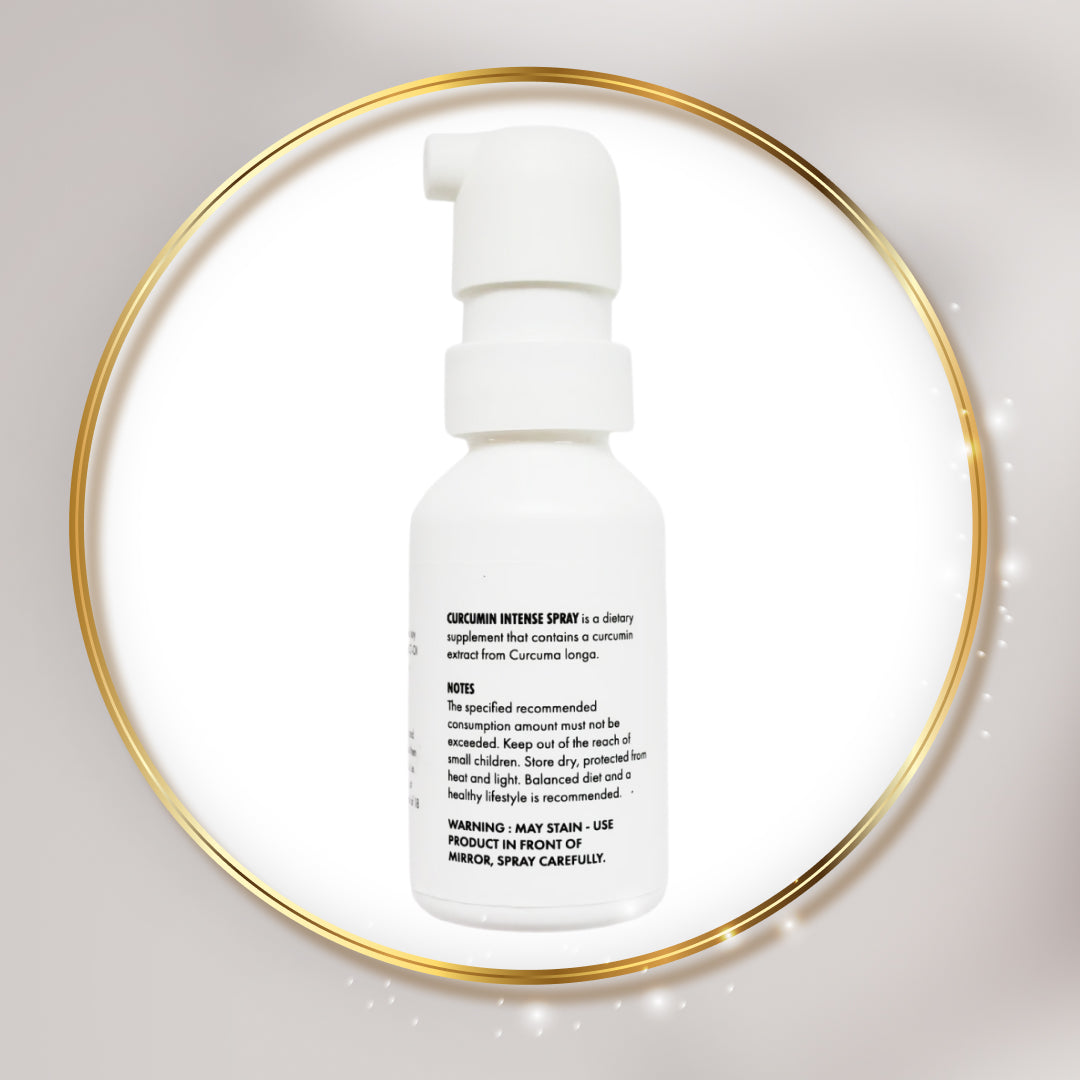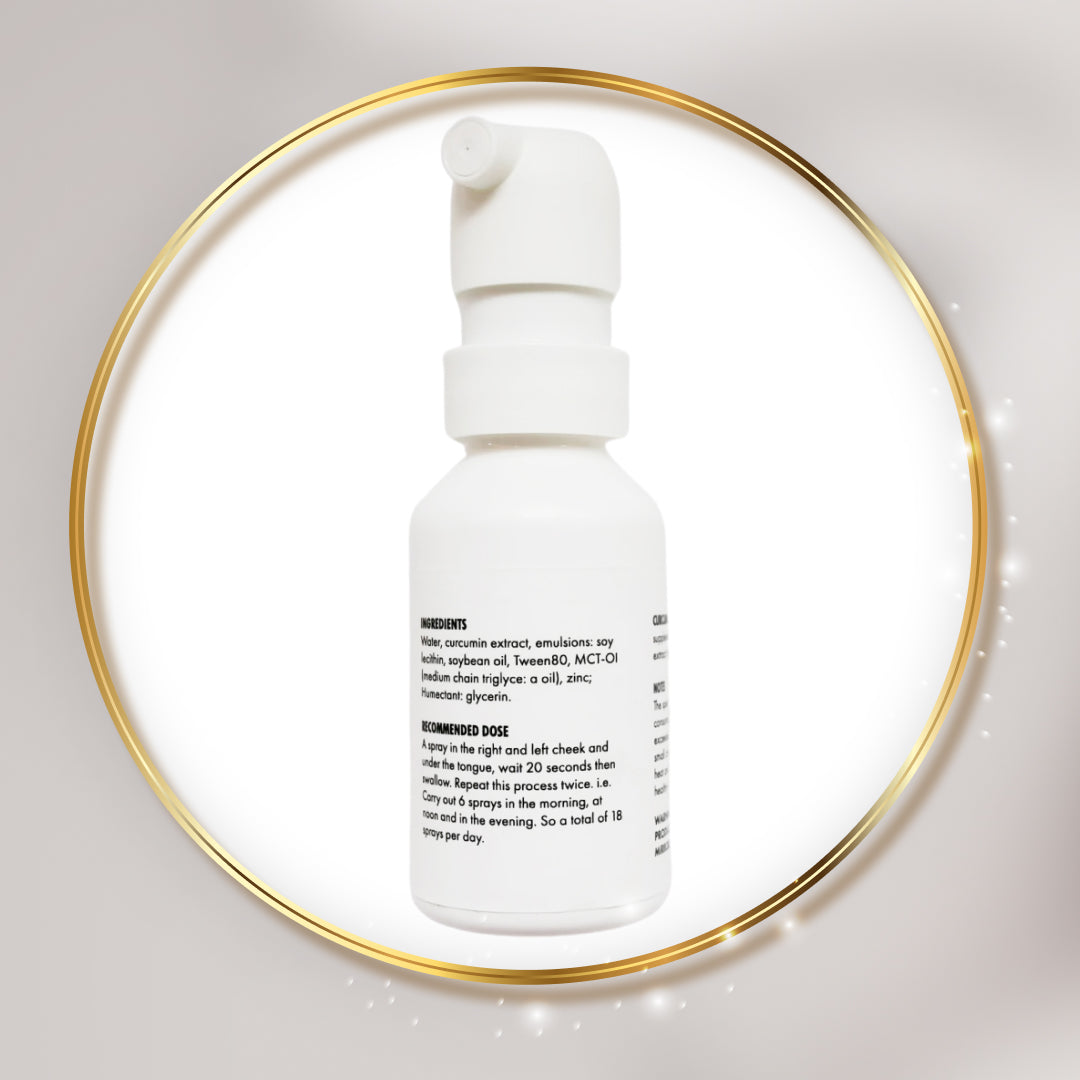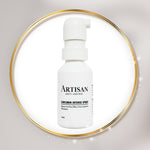Cause of cancer
Chronic inflammation lasting for years is considered one of the major causes of cancer.
Cancer cell formation
Several studies by Prof. Bharat Aggarwal from the MD Anderson Cancer Center at the University of Texas, USA, have shown that the transcription factor NF-kB plays an important role in the signalling pathway in the regulation of genes involved in carcinogenesis (cancer cell formation).
Is turmeric / curcumin anti-cancer?
Turmeric root (botanical name, Curcuma longa) contains the anti-inflammatory ingredient curcumin. Alongside other mechanisms, curcumin also has a corrective effect on transcription factor NF-kB.
According to Prof. Aggarwal, this explains the inhibitory effects curcumin has on the proliferation (growth), invasion, angiogenesis (cancerous blood vessel formation) and formation of metastases (cancer spread to other parts of body) in cancer.
Curcumin is also shown to have a synergistic effect in combination with various chemotherapies, such as gemcitabine, 5-fluorouracil, Temodal, Herceptin or taxanes.
However, curcumin is poorly soluble in water and is thus only absorbed by the body to a small extent after oral ingestion.
The new PuranoTec®️ manufacturing process by Apurano Pharmaceuticals converts curcumin into a soluble form, without the addition of chemical solvents such as ethanol or hydroxypropyl-ß-cyclodextrin.
Using the PuranoTec®️ production process, Apurano Pharmaceuticals has manufactured the prescription drug CurcumaXan, which contains curcumin and can be obtained in pharmacies via a prescription from your doctor or alternative practitioner. CurcumaXan is a liquid preparation and is used as an oromucosal spray.
Since the oral mucosa are highly perfused by blood, curcumin can be absorbed directly into the bloodstream. As a result, the anti-inflammatory substance is available to the body quickly.
CurcumaXan®️ is manufactured as a medicinal product of proven pharmaceutical grade under statutory GMP conditions in a cleanroom up to class A.
Therefore, no preservative is necessary to ensure microbial stability. This means the patient and therapist can rely on the drug having a consistent concentration as well as microbial quality over its shelf life. Regular quality controls such as residue analyses, process controls and chemical, physical and microbial stability controls ensure the high quality of this medicinal product.
Curcuma longa contains curcumin (curcumin I), monodesmethoxycurcumin (curcumin II) and didesmethoxycurcumin (curcumin III).
Curcumin is highly antioxidant:
- It intercepts oxygen and nitrogen radicals and prevents the oxidation of cholesterol.
- It inhibits numerous inflammatory parameters such as prostaglandins, cytokines, chemokines, adhesion molecules, growth factors and transcription factors, as shown by numerous studies, including by Mazieiro et al.
Due to the modulation of cytokine signalling pathways and its antioxidant effect, curcumin is suitable for use to successfully treat chronic inflammatory and degenerative diseases. Curcumin is also recommended in the current S-3 guideline "Diagnosis and Treatment of Ulcerative Colitis" as a complementary measure alongside mesalazine.
Clinical studies with curcumin preparations have shown positive effects for the following indications, among others:
Oncological indications
- Arthritis
- Inflammatory bowel disease
- Postoperative inflammation (Gupta et al. 2013).
- Ulcerative colitis (recommendation in accordance with the S3 guideline) Cancer prevention
References
EMEA (2009) Assessment Report on Curcuma longa L. Rhizoma. In Committee on herbal medicinal products.
Mazieiro et al. (2018), Is Curcumin a Possibility to Treat Inflammatory Bowel Diseases?, J Med Food. 2018 Jun 29. doi: 10.1089/jmf.2017.0146
Datta et al. (2018), Orthogonal self-assembly of an organoplatinum(II) metallacycle and cucurbit[8]uril that delivers curcumin to cancer cells, PNAS August 7, 2018 115 (32) 8087-8092
Banerjee (2018), Ancient drug curcumin impedes 26S proteasome activity by direct inhibition of dual-specificity tyrosine-regulated kinase 2, PNAS August 7, 2018 115 (32) 8155-8160
Galindo et al. (2018), Crystal structure reveals how curcumin impairs cancer, https://www.sciencedaily.com/releases/2018/07/180709161543.htm
Gupta, S.C., Patchva, S. and Aggarwal, B.B. (2013) Therapeutic roles of curcumin: lessons learned from clinical trials. AAPS J, 15, 195-218.
Jäger, R., Lowery, R.P., Calvanese, A.V., Joy, J.M., Purpura, M. and Wilson, J.M. (2014) Comparative absorption of curcumin formulations. Nutrition Journal, 13, 1-8.
Lao, C.D., Ruffin, M.T., Normolle, D., Heath, D.D., Murray, S.I., Bailey, J.M., Boggs, M.E., Crowell, J., Rock, C.L. and Brenner, D.E. (2006) Dose escalation of a curcuminoid formulation. BMC Complement Altern Med, 6.
In summary
Artisan Curcumin Oral Spray is an anti-inflammatory, anti-oxidant, anti-cancer cell supplement that bypasses the FIRST-PASS metabolism by liver and stomach (which reduces up to 90% of oral-ingested curcumin).
Utilising the wealth of blood vessels present in the mouth and under the tongue, patented Germany technology PuranoTech allows for an immediate, high absorption of Curcumin into the blood stream, bypassing the liver and stomach.
Its effects include :
- Reduction of body and joint pain
- Increased mental alertness
- Reduced fatigue
- Increased energy
- Potent anti-oxidant effects
- Healthier body cells
- A form of long-term prevention of cancer cell formation that is due to chronic inflammation and oxidation.
